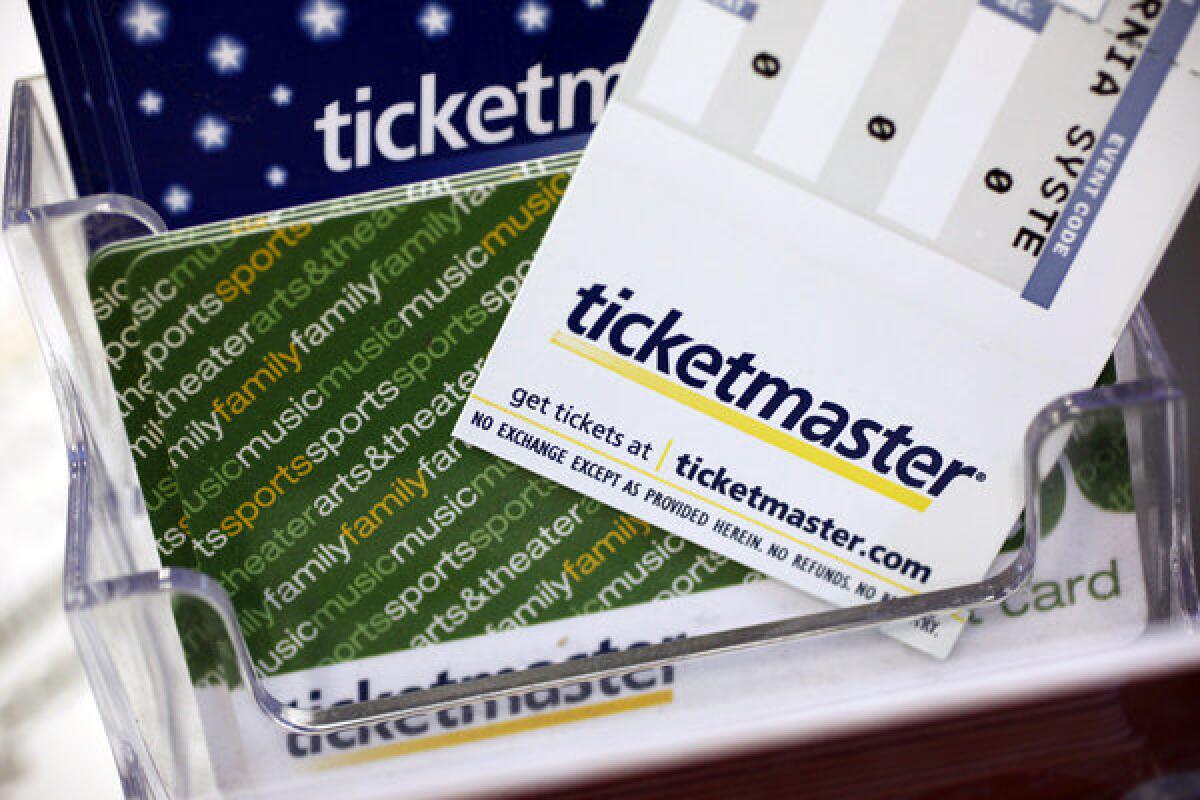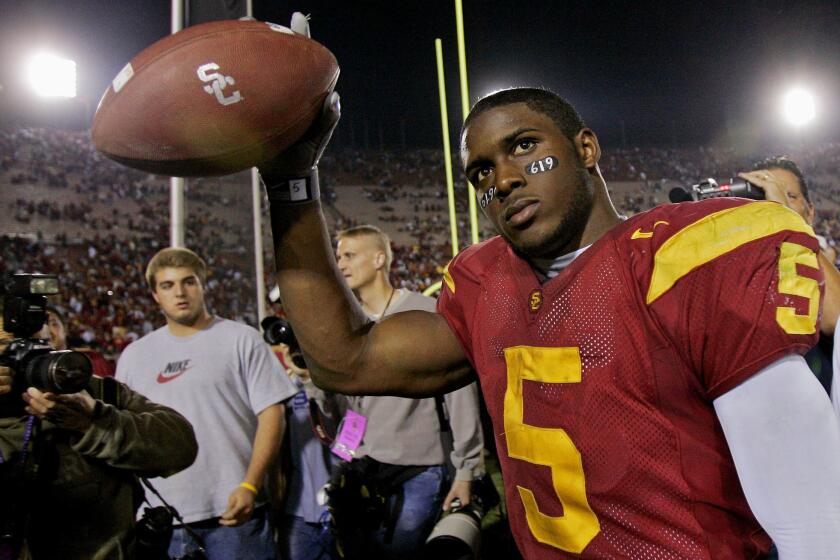An Assembly committee casts its vote for paperless tickets

Digital technology gives consumers near-instant access to vast electronic libraries of music, movies and books, but it’s also eroding their rights to personalize, reposition and dispose of their purchases as they see fit. You can’t resell a used MP3, donate an e-book to the library or unload a downloaded movie file at a yard sale because media companies insist you have no ownership rights in those digital goods; you paid only for a license to use them, not for the items themselves.
The same phenomenon is spreading to the digital aspects of the bricks-and-mortar world too. A good example is paperless tickets to concerts, games and other live events. Unlike their paper counterparts, paperless tickets can’t be freely resold or given away; if the buyers can’t use them, they’re out of luck unless the event’s promoter allows the seats to be resold. And even then, resales are typically permitted only through the same company that sold the tickets, not the likes of StubHub or Craigslist.
Such restrictions bothered Assemblyman Richard Pan (D-Sacramento) so much that he introduced a StubHub-sponsored bill (AB 329) to ensure that tickets to live events in California could be handed off or resold at sites not tied to the original ticket seller. To mollify the latter, it also included a ban on software that circumvents the limits on ticket purchases -- in other words, the bots some brokers and scalpers use to gather tickets to resell.
Unfortunately for StubHub, members of the Assembly proved more receptive to Live Nation -- the owner of Ticketmaster, the dominant ticket-selling company -- and its customers (such as the Angels). An Assembly committee stripped the bill of the provisions that would have banned paperless and restricted-resale tickets, leaving just the ones cracking down on ticket-buying bots.
When the dominant ticket-selling company uses technology to stifle the secondary market for tickets and steer business to its own ticket-resale site, that’s bad for competition. And as a matter of principle, I worry when consumers lose rights as tangible goods become digital ones. But consumers may not have to rely on government to fix that problem. In the case of event tickets, market forces should be on their side.
When a promoter opts for paperless tickets with restricted resales, it immediately reduces the value of each seat to mainstream buyers. Paperless tickets carry more risk than ducats that can be resold easily if the buyers unexpectedly find themselves unable to go to the event. As a result, at least some buyers won’t be willing to pay as much for them. Similarly, the tickets that require buyers to use their credit card to enter the venue drive off those who want to buy seats as gifts for their children or friends.
If the demand for seats is overwhelming -- as in the case of playoff games or Bruce Springsteen tours -- such restrictions won’t make a bit of difference to the seller’s bottom line. But most events don’t fall into that category. That may explain why such a small percentage of events have paperless tickets -- less than one-tenth of 1%, according to the Wall Street Journal.
Ticketmaster and other ticket sellers have argued that StubHub and its ilk encourage scalpers and brokers to gobble up seats and extract premium prices from fans. Paperless tickets stop that practice, they contend, and that’s a win for consumers.
Perhaps, but there’s plenty of evidence that artists and promoters have limited the supply of good seats and resold tickets for considerably more than their face value. So it’s not clear that restricting buyers’ resale rights would really address the problem it claims to solve.
ALSO:
Goldberg: ‘Right wing’ doesn’t equal ‘terrorist’
Follow Jon Healey on Twitter @jcahealey
More to Read
A cure for the common opinion
Get thought-provoking perspectives with our weekly newsletter.
You may occasionally receive promotional content from the Los Angeles Times.







